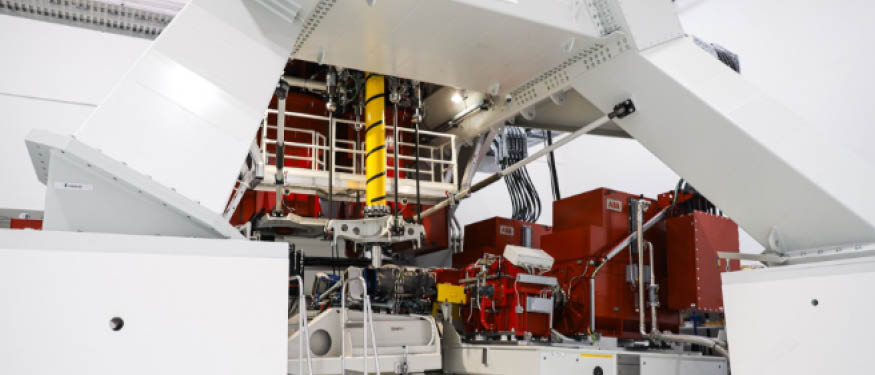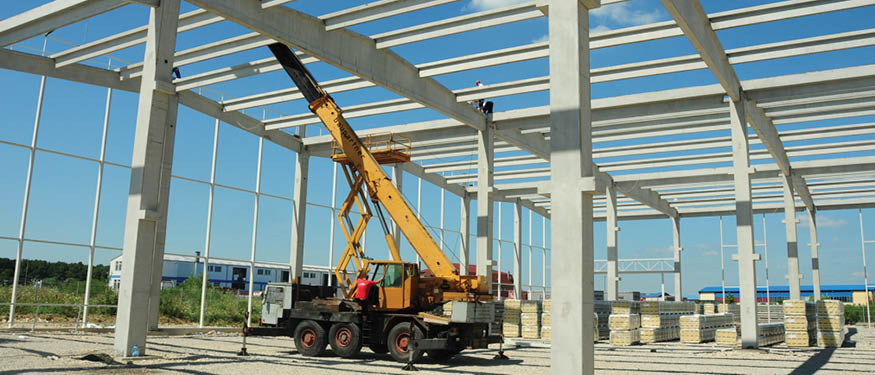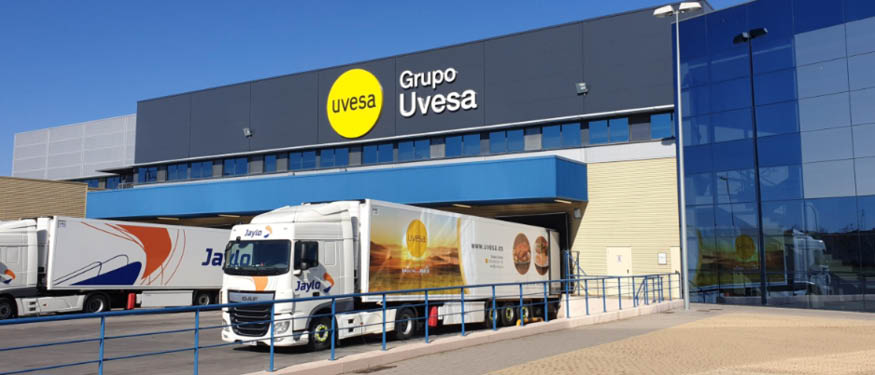I still vividly remember the sunny September day when, as a young lawyer, I arrived in Prague. I was joining a US law firm that had just opened offices in the old city. Its immense beauty, at that time still unknown but immediately close to me, was captivating.
The Corner Office: The Next Big Thing
In The Corner Office, we ask Managing Partners at law firms across Central and Eastern Europe about their backgrounds, strategies, and responsibilities. This time around, we asked: For 2025, what is the one sector or industry in the country that shows the most promise for growth, and why?
A Wave of Major Insolvencies in Austria
Austria continues to experience a wave of significant insolvencies, stretching court resources and prompting comparisons to past recessions. Recent legal frameworks have introduced new possibilities for restructuring, though so far with limited uptake. Taylor Wessing Counsel & Head of Insolvency Andreas Howadt examines both the immediate pressures – rising liabilities, high-profile failures, and logistical strains – and the evolving legal environment looking ahead to 2025.
Inside Insight: Simone Quantschnigg of Vamed Care
Overseeing legal matters for a complex healthcare organization demands both technical prowess and pragmatic decision-making – something Simone Quantschnigg has grown quite familiar with. Stepping in as General Counsel of Vamed Care group following a carve-out last year, Quantschnigg talks about her path from private practice to in-house leadership, the biggest adjustments in adopting an internal counsel role, and the forward-looking strategies she envisions for her evolving legal department.
Know Your Lawyer: Florian Klimscha of Freshfields
An in-depth look at Florian Klimscha of Freshfields covering his career path, education, and top projects as a lawyer as well as a few insights about him as a manager at work and as a person outside the office.
Coup de Théâtre - the Austrian Supreme Court’s 180-Degree Shift on Loan Processing Fees
In a significant turn in Austrian jurisprudence, the Austrian Supreme Court handed down a landmark decision on February 19, 2025 (file number 7 Ob 169/24i) (2024 Ruling), revising its long-standing position on loan processing fees previously upheld since its judgement in 2016 (Austrian Supreme Court 30.03.2016, 6 Ob 13/16d).
Schoenherr Advises Stadtwerke Klagenfurt on Alpen-Adria Swimming Complex EIA Proceedings
Schoenherr has successfully advised Stadtwerke Klagenfurt on the environmental impact assessment declaration proceedings for the Alpen-Adria-Sportbad.
Georg Schuh Returns to Private Practice By Launching Schuh Law
Former Wienerberger Head of Corporate Secretary and Co-Head of Legal Georg Schuh has launched Schuh Law in Vienna.
BPV Huegel and Schoenherr Advise on RWA eGen's Acquisition Financing for RWA Share Purchase
BPV Huegel has advised RWA Raiffeisen Ware Austria Handel und Vermoegensverwaltung eGen and its acquisition holding on the financing and completion of the purchase of approximately 47.53% of RWA Raiffeisen Ware Austria AG shares from BayWa AG for EUR 176 million. Schoenherr advised RBI as the financing bank. FPS Fritze Wicke Seeling reportedly advised RWA eGen as well. Jones Day's Munich office reportedly advised BayWa AG.
Johannes Mitterecker Becomes Partner at BPV Huegel
BPV Huegel has promoted Johannes Mitterecker to Partner.
Schoenherr Advises on Sale of Zoerkler to MiddleGround Capital
Schoenherr, working with Macfarlanes, has advised the owners of Zoerkler on its sale to MiddleGround Capital.
Graf, Patsch, Taucher Advises Boxcar and Arketype on Establishing in Austria
Graf, Patsch, Taucher has advised Boxcar and Arketype on establishing their subsidiaries and businesses in Austria.
Schoenherr, Dorda, and BPV Huegel Advise on Raiffeisen-Holding NO-Wien’s EUR 100 Million Investment in Mavie Next and Mavie Holding
Schoenherr has advised healthcare provider Mavie Next and its shareholder Mavie Holding, both part of the UNIQA Group, on Raiffeisen-Holding Niederosterreich-Wien’s planned investment of around EUR 100 million in Mavie Next. Dorda and BPV Huegel advised Raiffeisen-Holding NO-Wien. Heuking Kuehn Lueer Wojtek and Wardynski & Partners reportedly advised Raiffeisen-Holding NO-Wien as well.
The Epidemic of Generic: The Problem with Law Firm Messaging
Big law firms can coast on boring slogans. They’ve got the clout, the infrastructure, and the impressive list of past clients to do the talking. But if you’re a smaller firm and your website sounds like everyone else’s, you are disappearing into the beige background of legal marketing noise.
Schoenherr Advises RetInSight on Sale to Topcon Healthcare
Schoenherr has advised AI ophthalmology spin-off RetInSight and its founding shareholders on the sale to Topcon Healthcare. Dorda reportedly advised Topcon Healthcare.
Schoenherr and DSC Advise on Saller Group's Acquisition of Kapfenberg Retail Park
Schoenherr has advised Saller Unternehmensgruppe on its acquisition of FMZ Kapfenberg from LLB Immo KAG. DSC advised the sellers.
DLA Piper and Wolf Theiss Advise on UBM Development's Green Hybrid Bond Placement
DLA Piper has advised UBM Development on the issuance of its first deeply subordinated green hybrid bond, raising EUR 65 million under UBM’s Green Finance Framework. Wolf Theiss advised Raiffeisen Bank International as sole structuring adviser, bookrunner, paying agent, and dealer manager for the buy-back offer.
Christopher Fischer Joins DenizBank as Group Head of Legal
Former Accenture Senior Legal Contract Manager Christopher Fischer has become the new Group Head of Legal at DenizBank.








































